After the motion picture blue funk of January, February brings remarkably loaded, differed offerings, from Oscar-contending global functions to biographical docudramas of famous movie musicians to some impressive category trips. Look into my choices to see listed below, and overtake our Sundance insurance coverage in advance of our Berlinale testimonials right here.
16 The Monk and the Weapon (Pawo Choyning Dorji; Feb. 9)
Returning after his Oscar-nominated directorial launching Lunana: A Yak in the Class, Pawo Choyning Dorji’s IFSN Supporter Award-shortlisted The Monk and the Weapon premiered at Telluride and TIFF to much recognition and will certainly currently be launched this month. Picked by Bhutan as their Oscar entrance, the heartfelt movie has to do with an American in search of a long-lost, classic weapon in Bhutan as the nation’s releasing a freedom.
15. Ennio (Giuseppe Tornatore; Feb. 9)

The movie globe shed possibly its most famous artist when Ennio Morricone passed away at the age of 91 in July 2020. Movie theater Paradiso supervisor Giuseppe Tornatore, that collaborated with the author greater than a lots times throughout his occupation, crafted a homage with the docudrama Ennio, which fittingly premiered at the Venice Movie Event and will certainly currently be getting here in the united state Featuring meetings with Quentin Tarantino, Clint Eastwood, Dario Argento, John Williams, Hans Zimmer, Wong Kar-wai, Oliver Rock, and extra, the docudrama opens up following week.
14. Io Capitano (Matteo Garrone; Feb. 23)
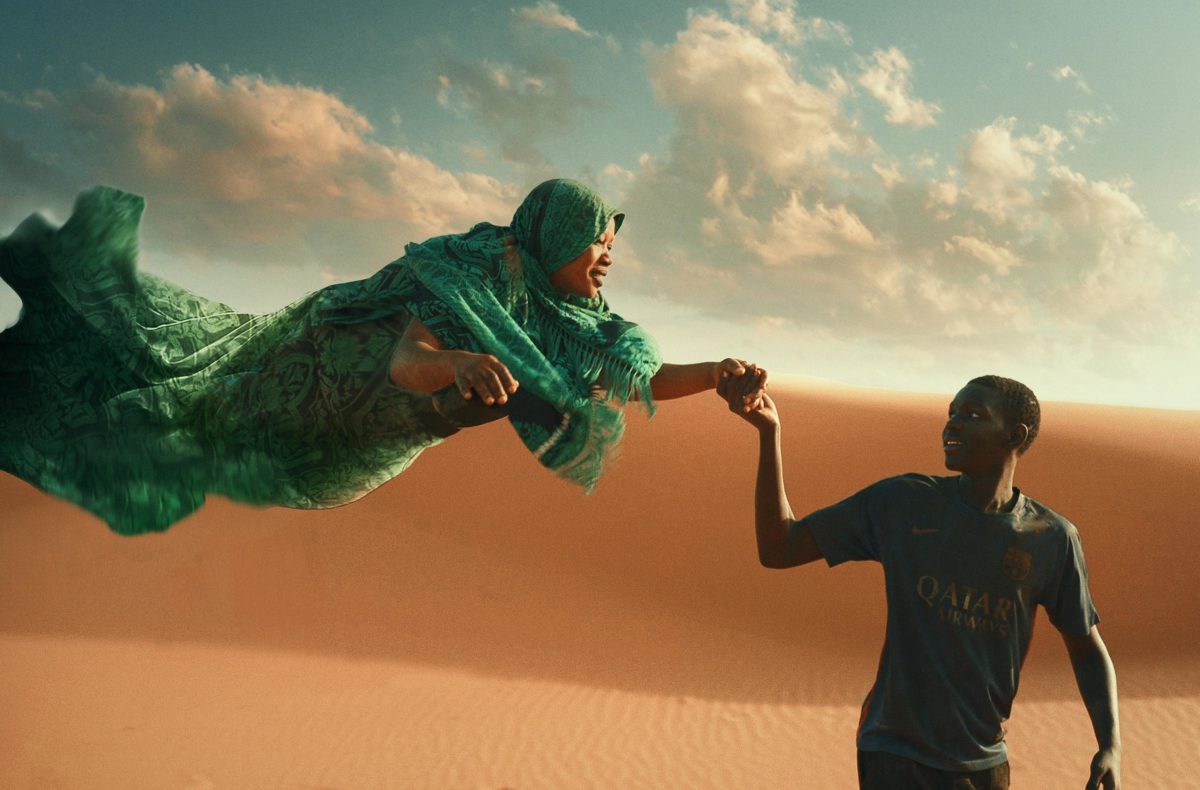
After grabbing Ideal Supervisor at Venice for his migrant story Io Capitano, Matteo Garrone has actually gained an Oscar election for Ideal Global Attribute Movie, with a launch established a couple of weeks prior to the event. Ed Frankl claimed in his testimonial, “Matteo Garrone’s talent for weaving stories out of the fabric of real events––especially those involving desperate or violent people––gets another airing in Io Capitano, an engrossing, visceral portrait of one young man’s brutal journey from Senegal to the coast of Italy. The director won the Grand Prix at Cannes in 2008 for Gomorrah, his defining, excoriating portrait of the Camorra crime syndicate, and he performed the trick again ten years later in Dogman, inspired by a gruesome gangland murder in Rome. He’s also had success in comedies (Reality) and fantasy (Tale of Tales), but his new film is an epic embracing the defining issue of Italian politics right now––the flow of refugees crossing the Mediterranean heading for Europe––making a potentially abstract, no-less-urgent topic tactile and approachable.”
13. Dario Argento Panico (Simone Scafidi; Feb. 2)

Amongst the best staged experiences I have actually had throughout the last couple of years was throughout our Dario Argento retrospective at Movie at Lincoln Facility, which the Italian scary genius checked out to existing brand-new reconstructions of his standards. 2024 currently brings an additional chance to commemorate his famous occupation as Simone Scafidi’s docudrama Dario Argento Panico (including meetings with Dario Argento, Asia Argento, Fiore Argento, Nicolas Winding Refn, Gaspar Noè, and Guillermo Del Toro) will certainly get here on Shudder today.
12. She Is Conann (Bertrand Mandico; Feb. 2)

Bush Boys supervisor Bertrand Mandico returned in 2014, debuting his 35mm-shot queer dream She Is Conann ( yes, attracting motivation from Conan the Barbarian) at the Cannes Movie Event. Savina Petkova claimed in her testimonial, “Following The Wild Boys and After Blue, Conann marks the third feature-length project from prolific shorts filmmaker Bertrand Mandico. Many are still not convinced long-form fits his intense and imaginative style, but what’s certain is that Conann makes one heck of a watch. Part of the self-contained cosmos of Mandico’s explosive vision, this new film is a provocative tale of endurance and self-discovery inspired by the fantasy character Conan the Barbarian (or the Cimmerian). Mandico takes the figure of a sword and sorcery hero––obviously interested in his pulp magazine origins––and fashions a timeless, iterative narrative of phantasmagoric fluidity… and glitter.”
11. The Paradise (Nikolaj Arcel; Feb. 2)
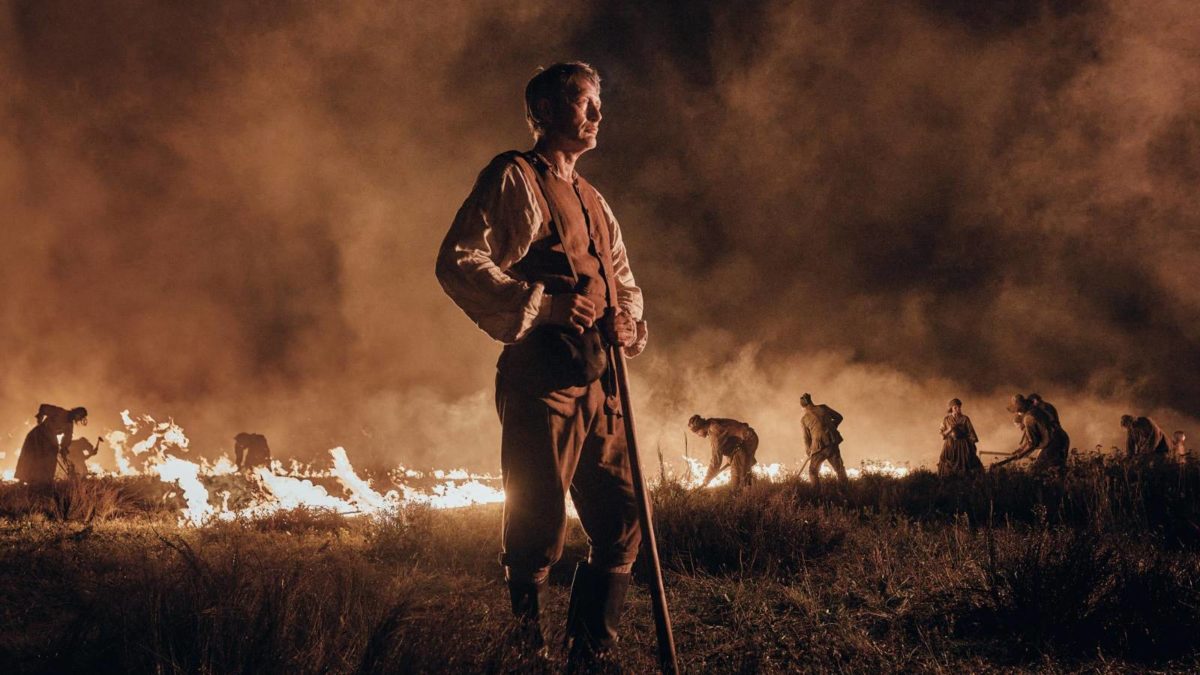
After being in the honors discussion simply a couple of years ago with One More Round, Mads Mikkelsen is back with Denmark’s Oscar entrance The Paradise, a get-together with his Royal Event supervisor Nikolaj Arcel. As C.J. Royal prince claimed in his testimonial, “Arcel directs with the same kind of handsome stoicism Mikkelsen has in spades. Long shots, usually from high angles, emphasize the flat, barren lands of the Heath, while interior scenes play out with unfussy shot-reverse set-ups. At the center of it all is Kahlen, who we learn is the son of a maid and her master, who most likely raped her. It explains his hard demeanor––he speaks in blunt, transactional terms and hides feelings behind a stern poker face. Mikkelsen can nail this kind of role in his sleep if he wanted to; luckily he does more than that here, his eyes doing all the talking once Schinkel’s sadistic attempts to break his will ramp up.”
10. Out of Darkness (Andrew Cumming; Feb. 9)

Establish 45,000 years back, Andrew Cumming’s directorial launching Out of Darkness complies with 6 individuals looking for a home in a completely unwelcoming landscape, tracked by a frightening adversary during the night. Luke Hicks claimed in our 2024 sneak peek, “Andrew Cumming’s gripping paleolithic-set survival horror is much more than it seems. What starts as a typical last-man-standing monster movie quickly upends expectations by rebuffing familiar beats. The score, courtesy Adam Janota Bzowski, is incredible. It crawls into your bones and sends shivers of prehistoric fear down your spine. Over a tight 87 minutes, the story incrementally shifts into new territory that’s not often portrayed on film––territory that forces us to reckon with the reality of our species’ pitch-black evolutionary past. Re: spoilers, stay in the dark if you can.”
9. Web (Kim Jee-woon; Feb. 9)

Premiering in competitors at Cannes in 2014, Kim Jee-woon rejoined with veteran partner Track Kang-Ho for Web, which worries a filmmaker desperately attempting to complete the motion picture he thinks will certainly be his work of art. David Katz claimed in his Cannes testimonial, “Very much associated with the first wave of post-millennial South Korean cinema that made global inroads, Kim (known for twisty shockers like A Tale of Two Sisters and I Saw the Devil) intends Cobweb as both a film allowing him to take stock and memorialize his lucrative career while also making a case for himself to doubters––a tableful of snide film critics at a café feature in the opening moments, dismissed by Song Kang-ho’s lead, also called Kim, as ‘people who can’t make art.’ Kim is a jobbing director in 1970s Seoul, then under a military dictatorship, for the Shinseong Film studio, established by his illustrious mentor Shin Seong-ho and now run by his descendants, as per national tradition for large businesses.”
8. Skin Deep (Alex Schaad; Feb. 2)
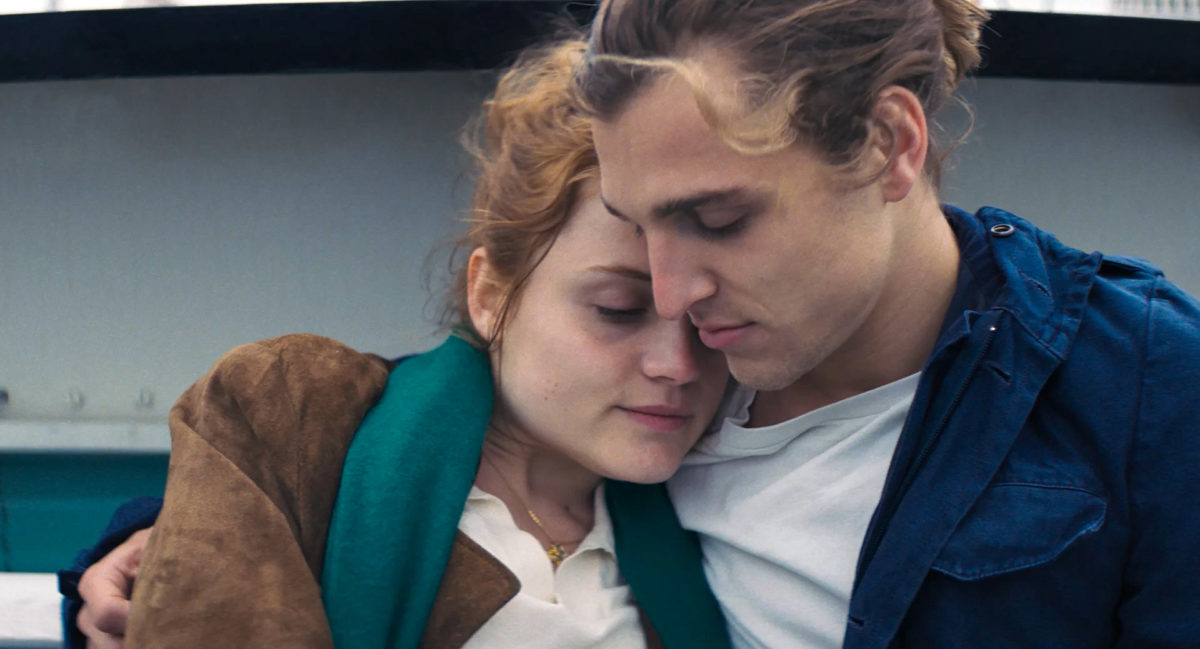
Among our favored films appearing of Vthe enice Movie Event back in 2022, where it won the Queer Lion honor, Alex Schaad’s function launching overturns category and sex as it toggles from body-swap thriller to intimate connection dramatization. Jared Mobarak claimed in his testimonial, “By wielding a science fiction conceit wherein two people can consensually transfer their essences into the other’s body, his co-writer and brother Dimitrij and he can begin tearing down walls of gender, sexuality, psychology, and identity itself. Because while our purest self is that essence, all the other pieces that make up who we are impact its formation, evolution, and, inevitably, disintegration. Leyla isn’t mired in a ‘rough patch’ like Tristan tells himself as a coping mechanism to deal with her obvious shift in personality from active lover of life to depressive hermit devoid of spark. Her body and brain—her very existence—have become a prison. And where the only escape had been death, this alternative promises rejuvenation.”
7. Nightclub Young Boy (Giacomo Abbruzzese; Feb. 2)
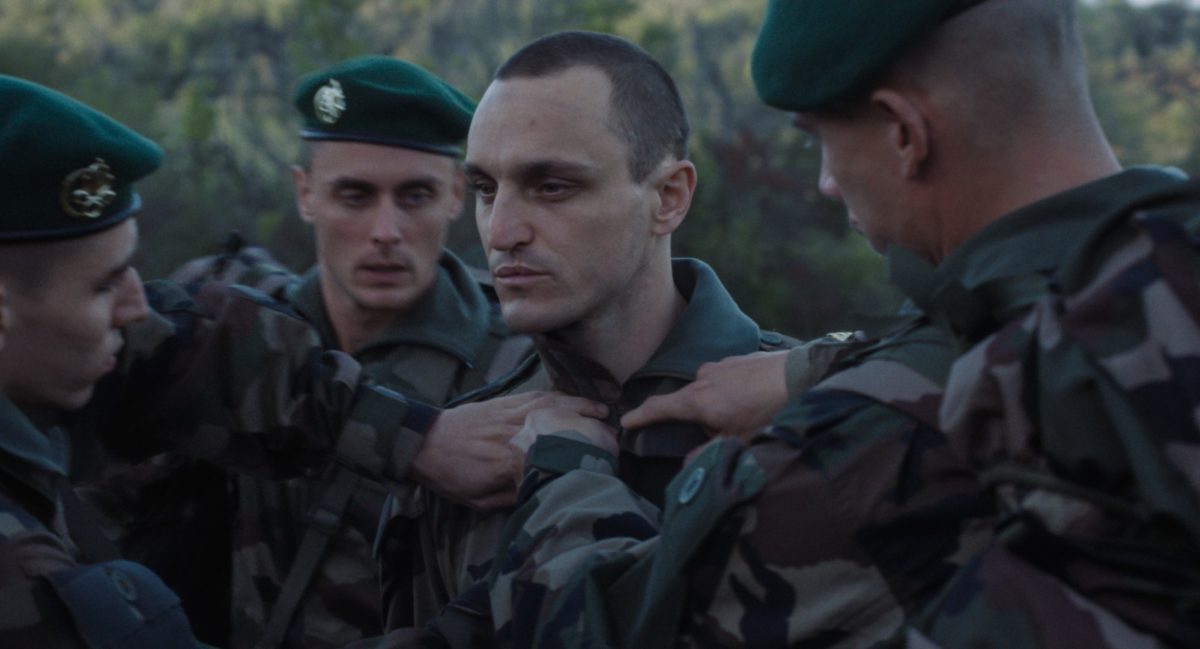
Coming off among the most effective efficiencies of in 2014 in Individual Retirement Account Sachs’ Passages, Franz Rogowski will certainly next off be seen in Giacomo Abbruzzese’s fashionable launching Nightclub Young boy, which grabbed the Silver Bear at Berlinale in 2014 and was a New Directors/New Films option. As David Katz claimed in his testimonial, “Disco Boy’s core theme is globalization, really, or the contingent woe we all share, through the violence of borders, forced migration, and enduring armed combat, even if no country has officially declared war. (Both in these generalized themes, and its frantic stylistic flexing, we’re reminded of Iñárritu, with a bit of dread.) Joining the Légion étrangère is a route to French citizenship for the Belarusian Aleksei (Rogowski), rather than a symbol of France’s wilting Napoleonic legacy as it is in Denis’ film. Hiding with a bunch of rowdy football fans to cross the border into Poland (and thus the European Union and its Schengen area), he has a traveling partner Mikhail (Michał Balicki) with what seems to be the same purpose; he tragically drowns as he makes his course, which can (cynically) be read as providing a bit of guilt to prop up Aleksei’s plot arc.”
6. Perfect Days (Wim Wenders; Feb. 7)
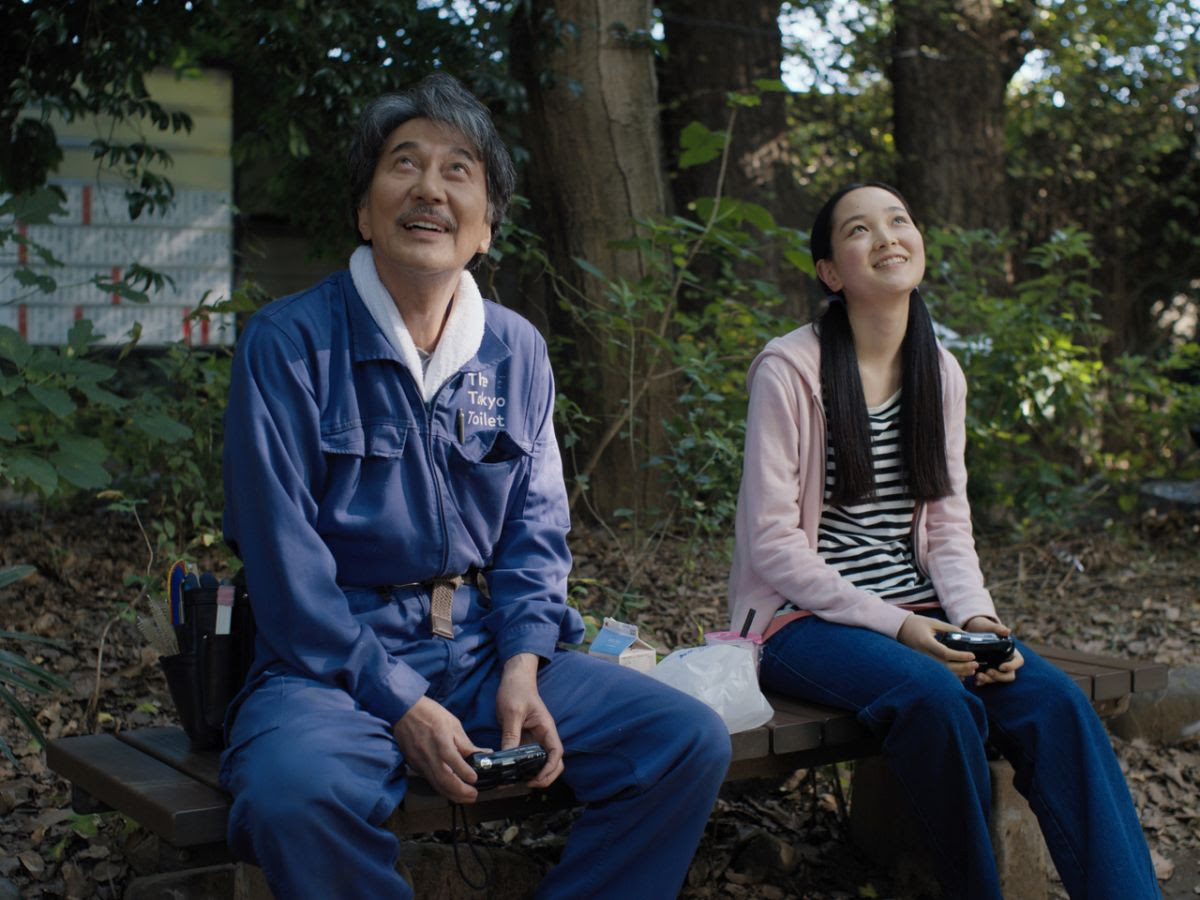
Wim Wenders’ tranquil, Oscar-nominated personality research study provides Kōji Yakusho among his finest functions, depicting the daily regimen of a commode cleanser in Japan. (Do not fret, it’s somewhat extra interesting than that seems.) Luke Hicks claimed in his testimonial, “With Perfect Days, a passion project he’s wanted to make for decades, Wenders has constructed a daydream of minimalist living (which I don’t mean fashionably) and humanist perspective that has more legs than his past five fiction films combined.”
5. Just How to Make Love (Molly Manning Pedestrian; Feb. 2)

Molly Manning Pedestrian’s Un Particular Respect reward victor Exactly how to Make Love, which complies with a team of British adolescent women that directly a holiday that quickly develops into a bitter projection of sexuality and approval, is arriving this month. Savina Petkova claimed in her Cannes testimonial, “More than anything, How to Have Sex yields its power in the specifically cinematic way it deals with subjectivity and conveys point of view. More than just the shaky handheld camera––with its surprising low angles and shackling close-ups––the depiction of a constant flow of contradictory feelings has such direct effects on the viewer precisely because Tara cannot articulate them herself. This whirlpool of desire and shame is well-captured by cinematographer Nicolas Canniccioni, but surely not without the input of Manning Walker, an accomplished DP herself. Even if this is a debut-directing feature, her command of the scene is praiseworthy.”
4. Concerning Dry Grasses (Nuri Bilge Ceylan; Feb. 23)
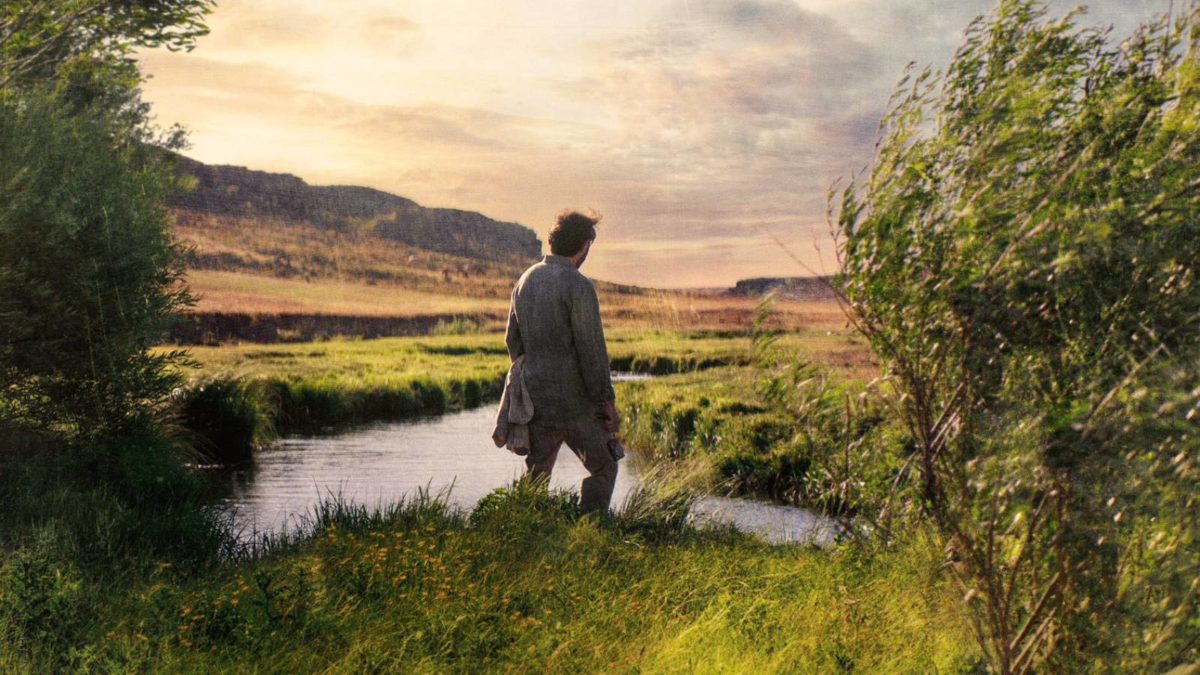
Nuri Bilge Ceylan made a victorious return to Cannes in 2014 with Around Dry Grasses, for which Merve Dizdar won Ideal Starlet at Cannes, and currently Turkey’s Oscar entrance arrives this month. In his testimonial, Leonardo Goi claimed, “The pastures in Nuri Bilge Ceylan’s luminous new film are only dry at the very end. Save for that brief summery coda, the landscape in About Dry Grasses remains a snowcapped immensity where prairies are ringed by belittling peaks, people stand out as calligraphic silhouettes, and snow falls so heavy as to blot out everything. It’s as if it fell ‘to make oblivion possible,’ observes art teacher Samet (Deniz Celiloglu), and in a film populated with wanderers trying to start anew, those words echo like a prayer. Geographically and thematically close to the rest of Ceylan’s oeuvre, the film finds him working once again in a remote corner of Eastern Anatolia and revisiting leitmotifs in his preferred mode: long, talky symposiums that pit characters against each other in games of verbal fencing. But none of it feels like a retreading. If anything, About Dry Grasses is both a distillation of Ceylan’s recurrent tropes and a purification of his style, a film made of conversations that remain explosive even at their most forbidding, shivering with a sense of fluid emotions constantly at play.”
3. Drive-Away Dolls (Ethan Coen; Feb. 23)
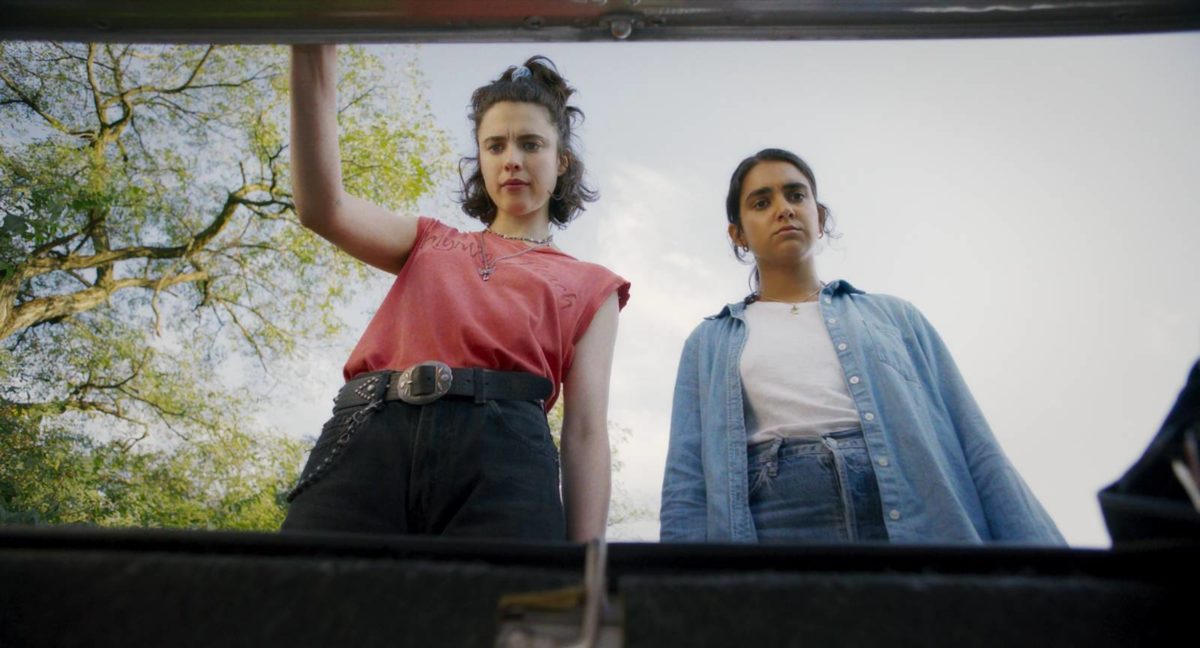
The solo (story) directorial launching from Ethan Coen. An actors consisting of Margaret Qualley, Geraldine Viswanathan, Beanie Feldstein, Pedro Pascal, Colman Domingo, Expense Camp, and Matt Damon. Cinematography by Ari Wegner. A logline finest streamlined as a lesbian roadtrip police procedural. A runtime of simply over 80 mins. Drive-Away Dolls has a great deal working in its support, and after a strike-related hold-up, we’ll lastly obtain to see the outcomes in simply a couple of weeks.
2. The Preference of Points (Trần Anh Hùng; Feb. 9)
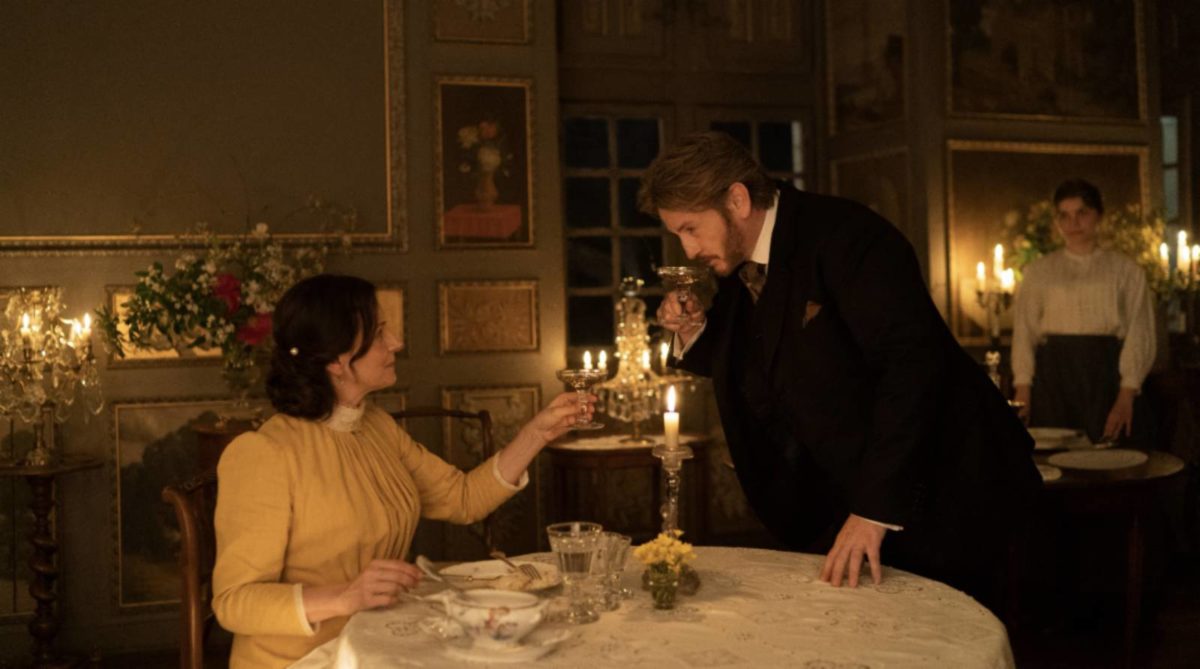
Among one of the most totally satisfying films of in 2014, Trần Anh Hùng’s The Preference of Points brings Juliette Binoche and Benoît Magimel with each other among the most effective cooking motion picture experiences because Babette’s Banquet. Rory O’Connor claimed in his testimonial, “Last time Benoît Magimel appeared in the Cannes competition, a vision in Albert Serra’s Pacifiction, he played a foreign diplomat who stalked an island of French Polynesia like a trashy king. If Serra’s otherworldy film told a cautionary tale about feckless Euro-decadence, Magimel’s latest is more like a revelry. Adapted from Marcel Rouf’s 1924 novel The Passionate Epicure, The Taste of Things is a film about the pleasures of preparing food and consuming it, the idea of cooking as an act of giving and even of love––if a leitmotif exists in this film’s script, it is the sigh of ecstasy.”
1. Below (Bas Devos; Feb. 9)
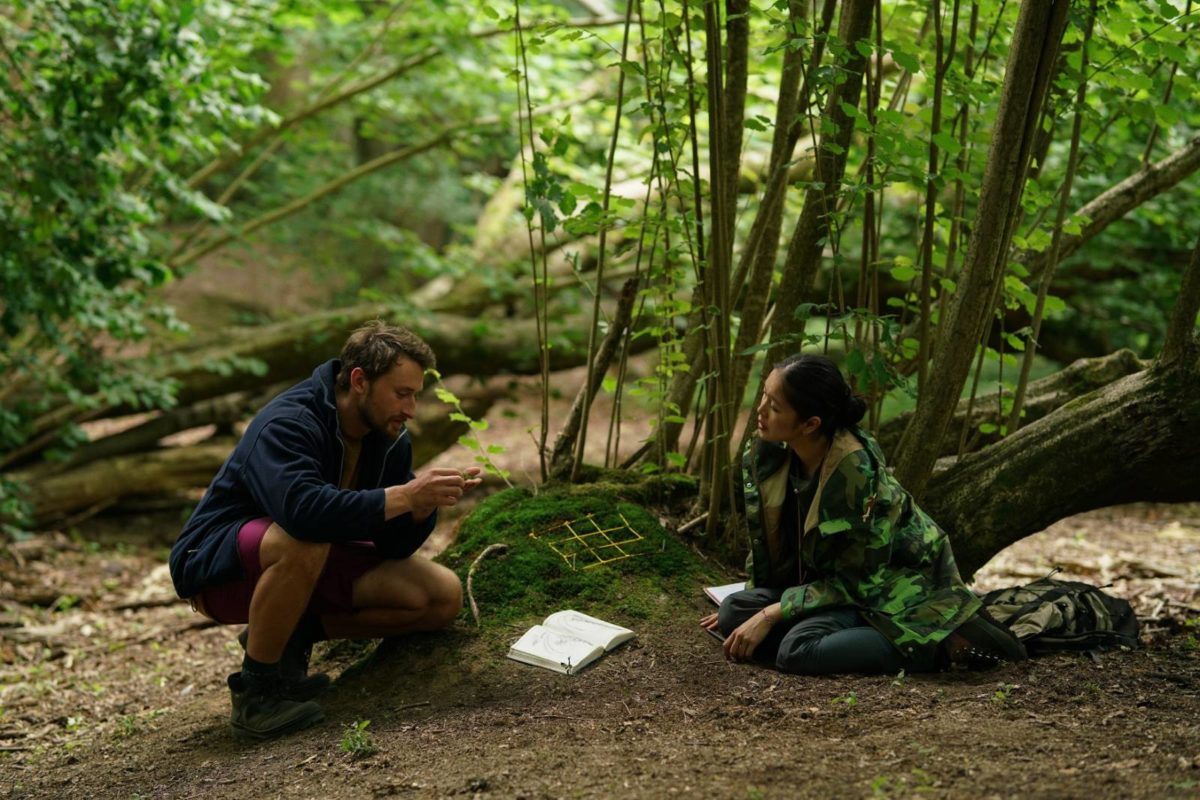
Among one of the most beautiful, relaxing moviegoing experiences of the year will definitely be Bas Devos’ Berlinale victor and NYFF & & TIFF option Below. Rory O’Connor claimed in his testimonial, (*16 *)
A Lot MoreFilms to See
Orion and the Dark (Feb. 2).






















![Iyanya, Mayorkun & Tekno – ‘One Side’ (Remix) [Official Music Video] Iyanya, Mayorkun & Tekno – ‘One Side’ (Remix) [Official Music Video]](https://thehollywoodpremiere.com/wp-content/uploads/2024/11/Iyanya-Mayorkun-Tekno-One-Side-Remix-Official-Music-120x86.jpg)

![David Koepp Talks About The 25th Anniversary 4K Release, His Friendship With Kevin Bacon, and Coming Back to ‘Jurassic Park’ [The Discourse Podcast] David Koepp Talks About The 25th Anniversary 4K Release, His Friendship With Kevin Bacon, and Coming Back to ‘Jurassic Park’ [The Discourse Podcast]](https://thehollywoodpremiere.com/wp-content/uploads/2024/12/David-Koepp-Talks-About-The-25th-Anniversary-4K-Release-His-120x86.jpeg)





